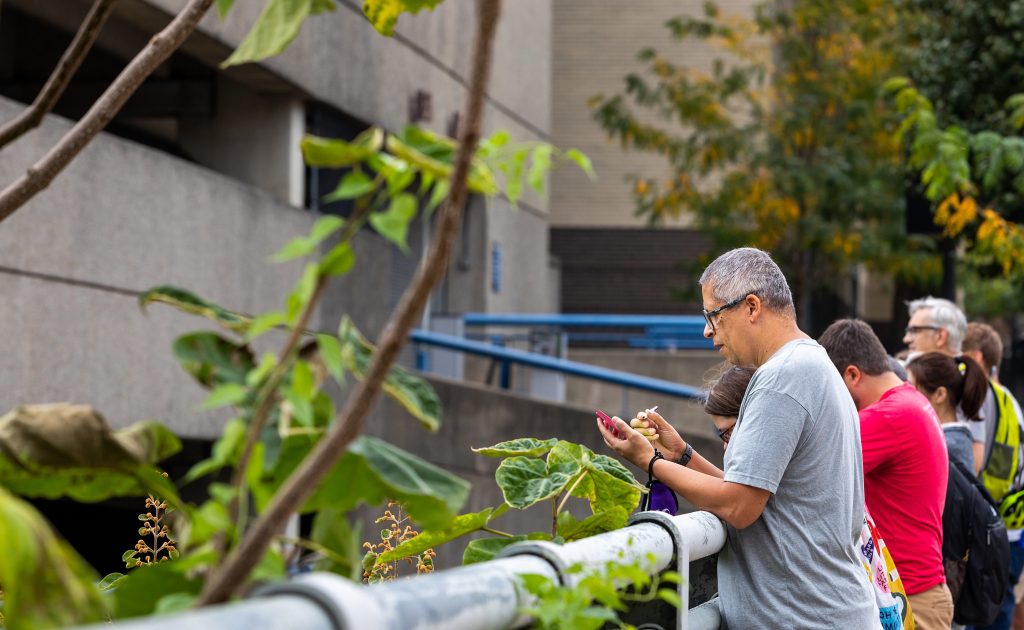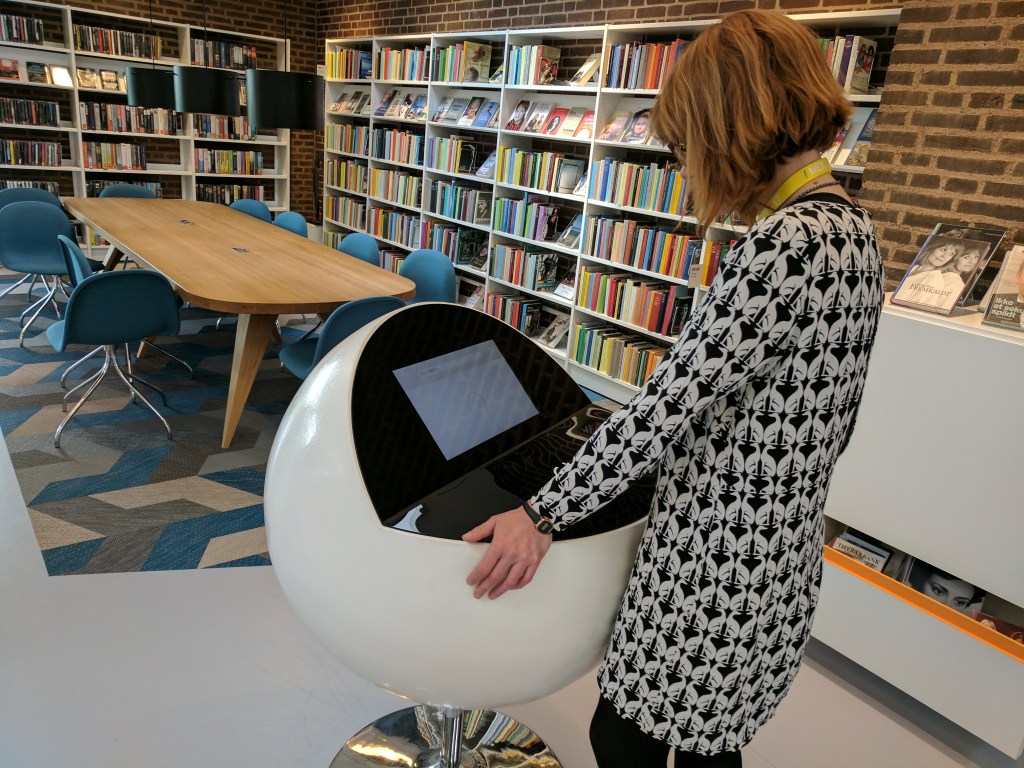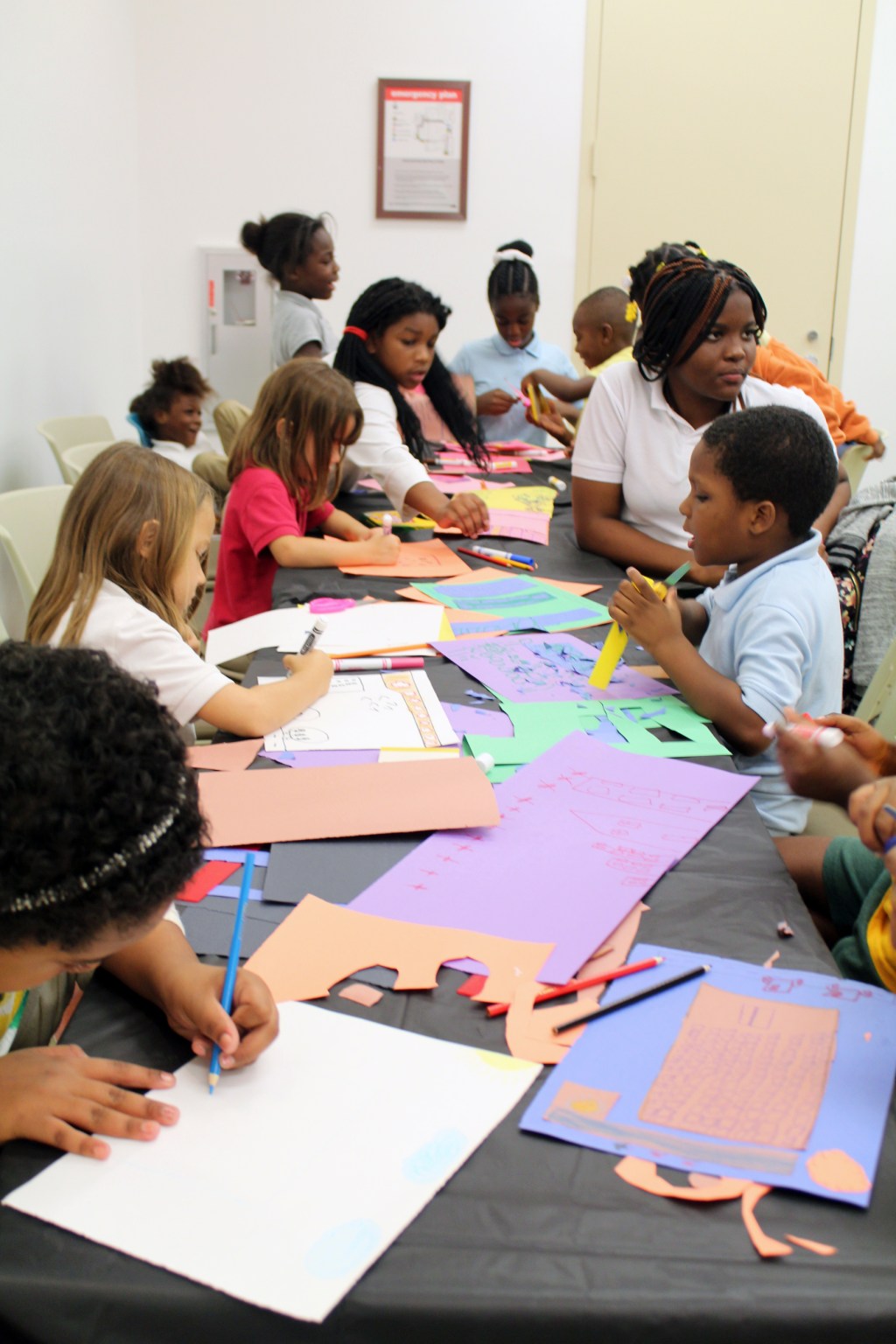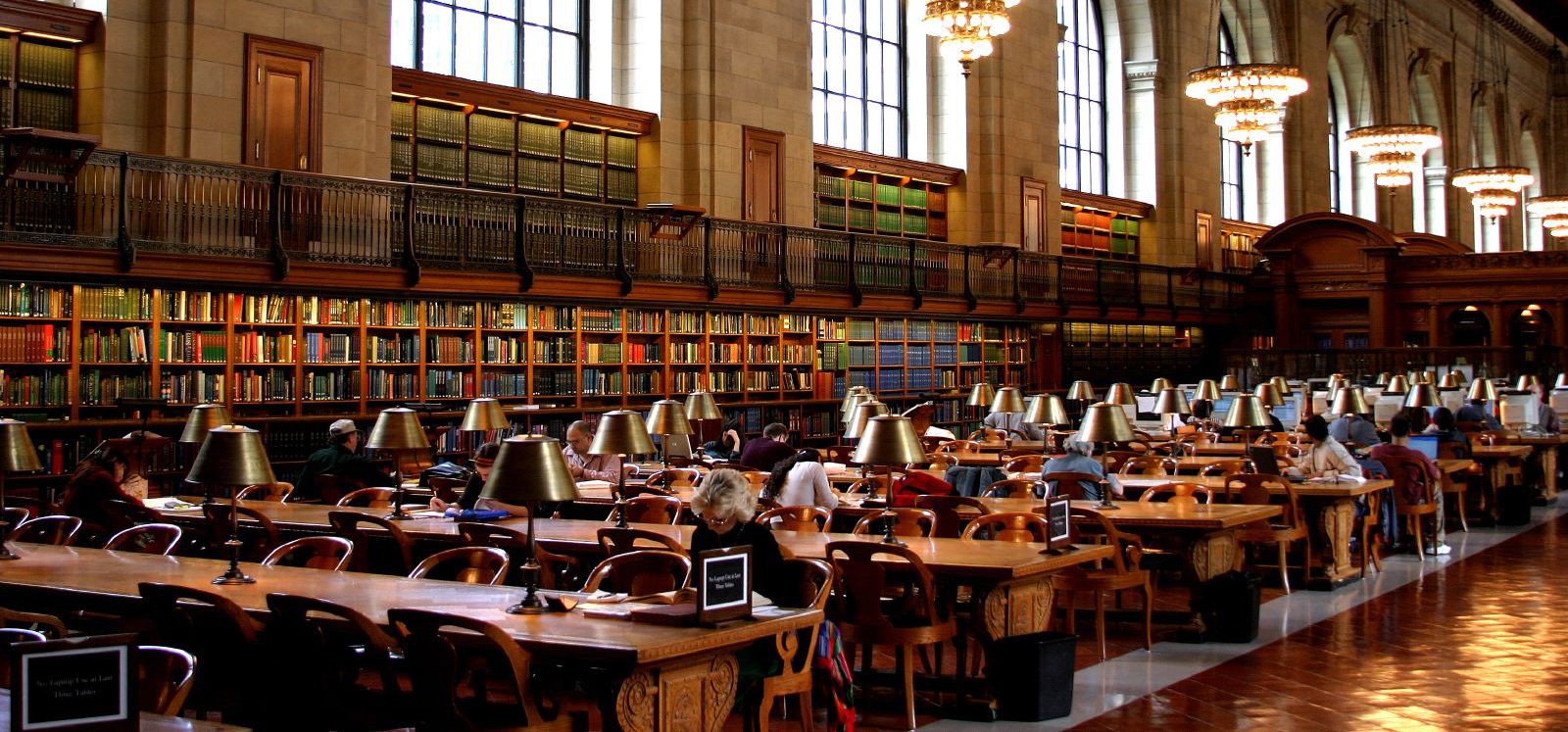
How libraries might help fill the information gaps in our communities
New York Public Library photo by Thomas Hawk via Flickr.com.
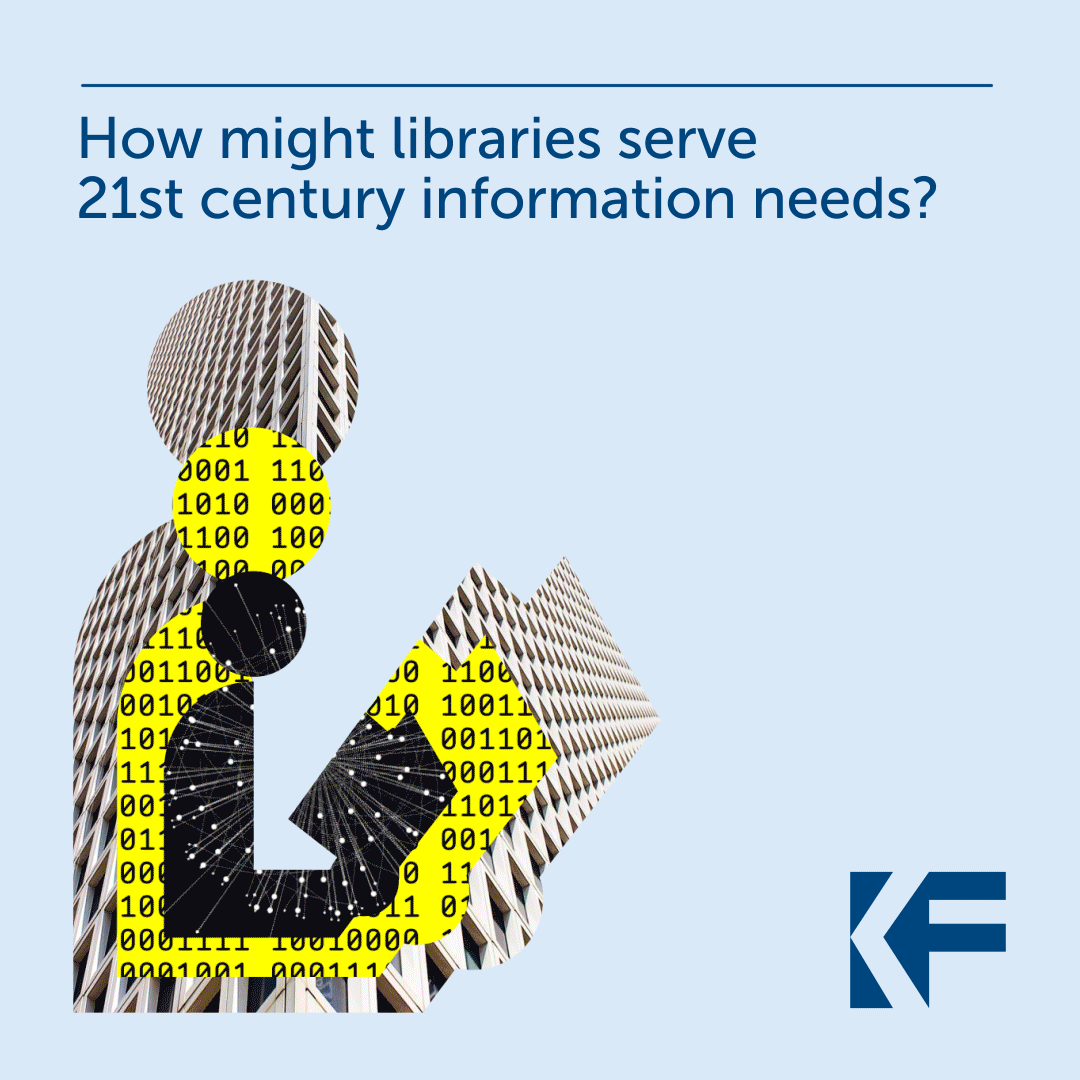
Latoya Peterson is the owner and editor of racialicious.com, a blog about the intersection of race and pop culture, and deputy editor, digital innovation, for ESPN’s The Undefeated. Below, she writes about the opportunities for projects in the second Knight News Challenge on Libraries, now open for entries. The challenge asks, How might libraries serve 21st century information needs?
The rebellion of librarians is always subtle.
The first time I witnessed one of these acts, the head librarian over at the Rockville Memorial Library in suburban Washington, D.C., was intently taping notices around the computer stations, informing patrons that as a part of the PATRIOT Act, the government might monitor their online communications. “They have a right to know,” she told me, grabbing another piece of tape.
As I worked in the library over the next few years, I learned that libraries were many things to many people. In Montgomery County, Md., libraries provide tax assistance and dedicated computers for job seekers. There are language clubs for people who want to learn English and story time for children of all ages. In D.C., our flagship library hosts a digital commons, a teen-focused computer lab, a makerspace and a recording studio. Libraries are vibrant places for community.
Libraries also serve the dispossessed. People seeking refuge from the harsh reality of the world can also find an escape in libraries. The pages of books are just one aspect of escape. Even things like shelter from the heat or cold, clean water, working bathrooms, and safety can be found at libraries.
Libraries are making the transition from the physical age to the digital age—but I think the challenge for libraries is to keep the torch lit as a bearer of information for all. There are many, many spaces for those of us with our own technology. There are very few spaces that serve the needs of those in intellectual and emotional crisis quite like libraries.
Can a library be used to help someone become whole again? What would happen if we thought about shaping the library toward those who are being left behind by the digital age? Not just as areas with shared resources, but a dramatic rethinking of libraries in the same vein that we started the process to digitize libraries all those years ago.
If the library is a knowledge center, how well are libraries providing information and services to those who have lost the most or who are falling further behind? How can libraries fill the gaps in our communities? As our libraries race to take advantage of the latest tech and opportunities, how can we ensure that everyone in our communities benefit?
The Knight News Challenge offers an opportunity for us to consider these questions with bold projects that come both from individuals and institutions of all sizes. I hope you’ll add your ideas—and your feedback—to the conversation.
Follow Latoya Peterson on Twitter @LatoyaPeterson.
The Knight News Challenge on Libraries will award $3 million for the best U.S. ideas that respond to the question, How might libraries serve 21st century information needs? Visit newschallenge.org to apply by March 21, view our challenge brief, timeline, FAQ page, and applications from the first News Challenge on Libraries. Keep an eye on Knight Blog for updates, tips for applying and promotional events. You can also reach us with questions on Twitter via @knightfdn, @heychrisbarr, or via e-mail [email protected].
Recent Content
-
Communities and National Initiativesarticle ·
-
Communities and National Initiativesarticle ·
-
Artsarticle ·
